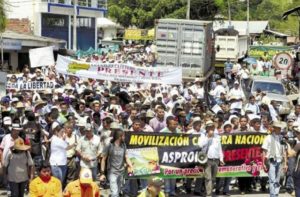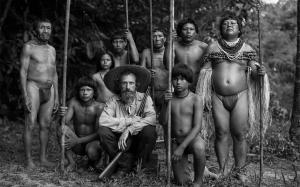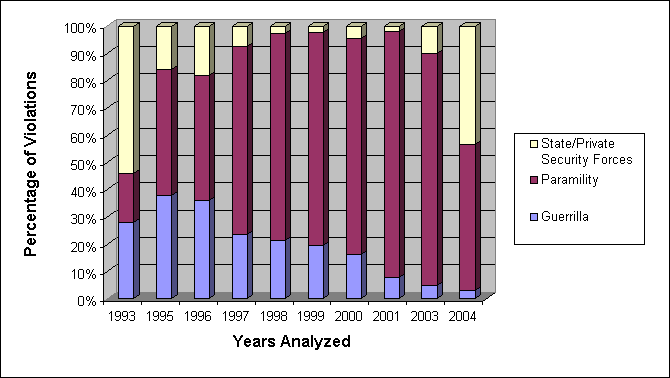
What faces us in the post-COVID-19 world as we struggle to uproot capitalism and its malignant racism, sexism, heterosexism, and environmental destruction, both in theory and in practice?

What faces us in the post-COVID-19 world as we struggle to uproot capitalism and its malignant racism, sexism, heterosexism, and environmental destruction, both in theory and in practice?

Latin America is experiencing an abrupt change generated by enormous confrontations between the dispossessed and the privileged. This confrontation includes both revolts by the people and reactions by the oppressors.
The October Revolts
The uprising in Chile is the most important event . . .
 Will we ever get over this thing called civilization? That's what I wondered as I watched The Embrace of the Serpent, directed by Colombian filmmaker Ciro Guerra, a black-and-white film in several indigenous and European languages that has some of the qualities of a documentary. But this is a truer-than-history fiction, fabricated out of the travel diaries of two botanists, Theodor Koch-Grunberg (Jan Bijvoet) and Richard Evan Schultes (Brionne Davis), both of whom traveled in the Amazon region, the former in 1909 and the latter in 1940. The challenging and sometimes horrifying experiences of the two scientists are linked together by the character Karamakate who serves as guide to both and a challenge to each. (Nilbio Torres plays the young Karamakate and Antonio Bolívar the old Karamakate.) Both botanists are looking for yakruna, a rare, sacred, and hallucinogenic plant, and their search takes them into the jungles inhabited by peoples menaced by the encroaching modern world.
Will we ever get over this thing called civilization? That's what I wondered as I watched The Embrace of the Serpent, directed by Colombian filmmaker Ciro Guerra, a black-and-white film in several indigenous and European languages that has some of the qualities of a documentary. But this is a truer-than-history fiction, fabricated out of the travel diaries of two botanists, Theodor Koch-Grunberg (Jan Bijvoet) and Richard Evan Schultes (Brionne Davis), both of whom traveled in the Amazon region, the former in 1909 and the latter in 1940. The challenging and sometimes horrifying experiences of the two scientists are linked together by the character Karamakate who serves as guide to both and a challenge to each. (Nilbio Torres plays the young Karamakate and Antonio Bolívar the old Karamakate.) Both botanists are looking for yakruna, a rare, sacred, and hallucinogenic plant, and their search takes them into the jungles inhabited by peoples menaced by the encroaching modern world.
Colombia has the longest history of ongoing political violence in Latin America. Some date the beginning as April 9, 1948 when Jorge Eliécer Gaitán, the Liberal Party’s presidential candidate, was assassinated, leading to the Bogotazo riots that took 5,000 lives and unleashed a civil war between Conservatives on the one hand and the Liberals and Communists on the other. Between 1948 and 1958 that war took 200,000 more lives, injured hundreds of thousands more, and displaced perhaps a million.

The Colombian civil war, similar to other Latin American conflicts over the past 50 years, has had a large portion of non-combatants mortally affected by the horrors of conflict. However, those killed or injured in Colombia are not indirect results of the discord but are in-themselves strategic military targets (Stokes, 2005; Lernoux, 1982). The reasoning behind invoking this aggression against the unarmed Colombian populace is due in part to the ever-increasing strength of the primary insurgent movement within the country.